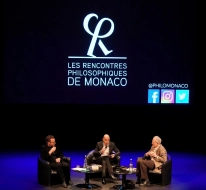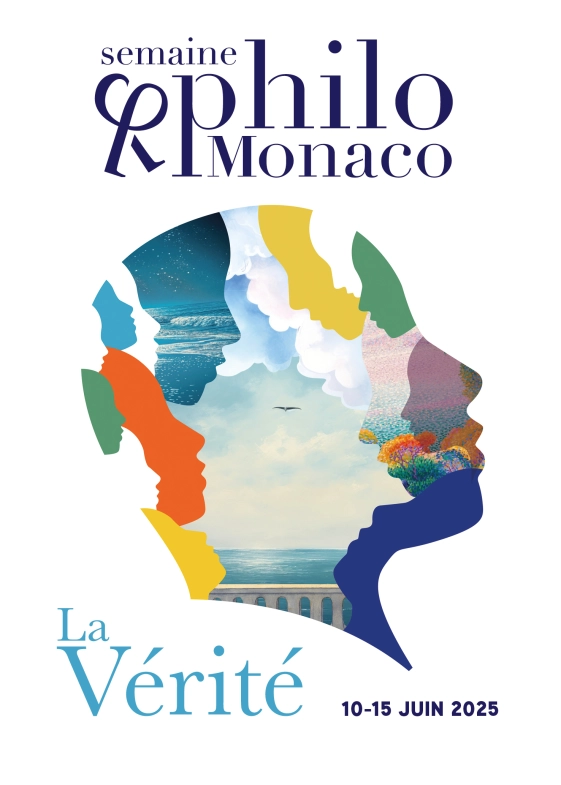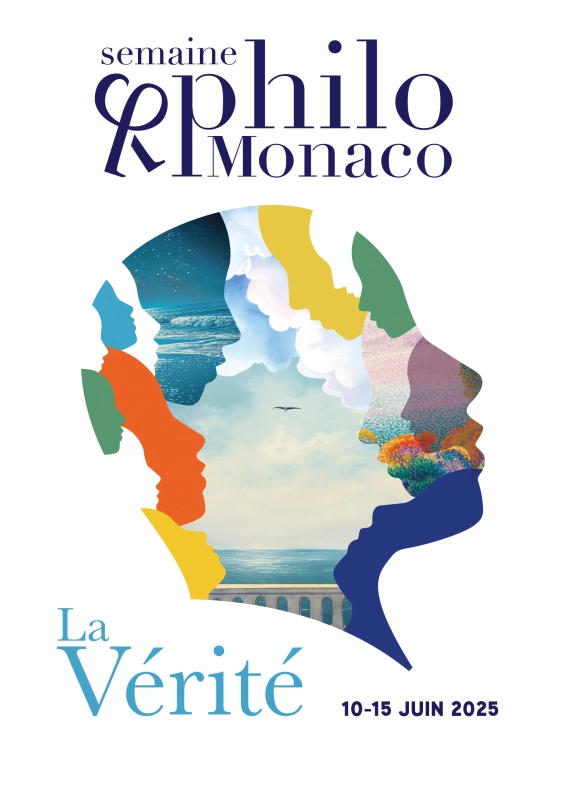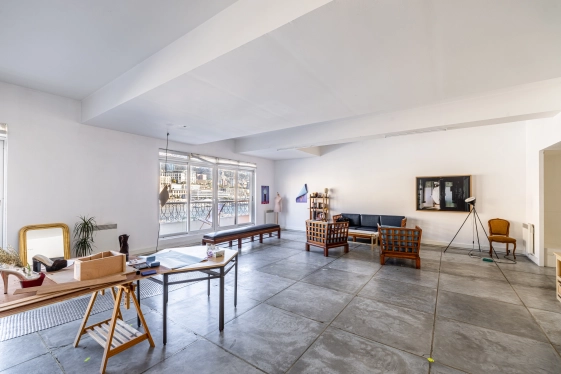

Introduction
Philosophy is a discipline which has its place in Monaco, since it supports any kind of creativity or knowledge by introducing a critical examination.
Monaco Philosophical Encounters, founded in 2015 by Charlotte Casiraghi and the philosophers Joseph Cohen, Robert Maggiori and Raphael Zagury-Orly, proposes a new purpose for philosophy and seeks to do better at sharing philosophy and helping everyone understand its vital contribution.
Monthly meetings and workshops, held in Monaco or Paris, offer an opportunity to hear from leading voices in contemporary philosophy, gathering them together to debate, communicate and take an in-depth look at annual themes.
Monaco Philosophical Encounters also provides an opportunity for school children of all ages to access philosophy, offering them ways of thinking which complement those of their teachers and new, original and clear analysis of universal challenges.
Through all of its activities, Monaco Philosophical Encounters seeks to become one the most important opportunities to develop, communicate and share philosophy as it is advancing today.
Online content

La vérité sur le divan

Fake news, vérités et complots

